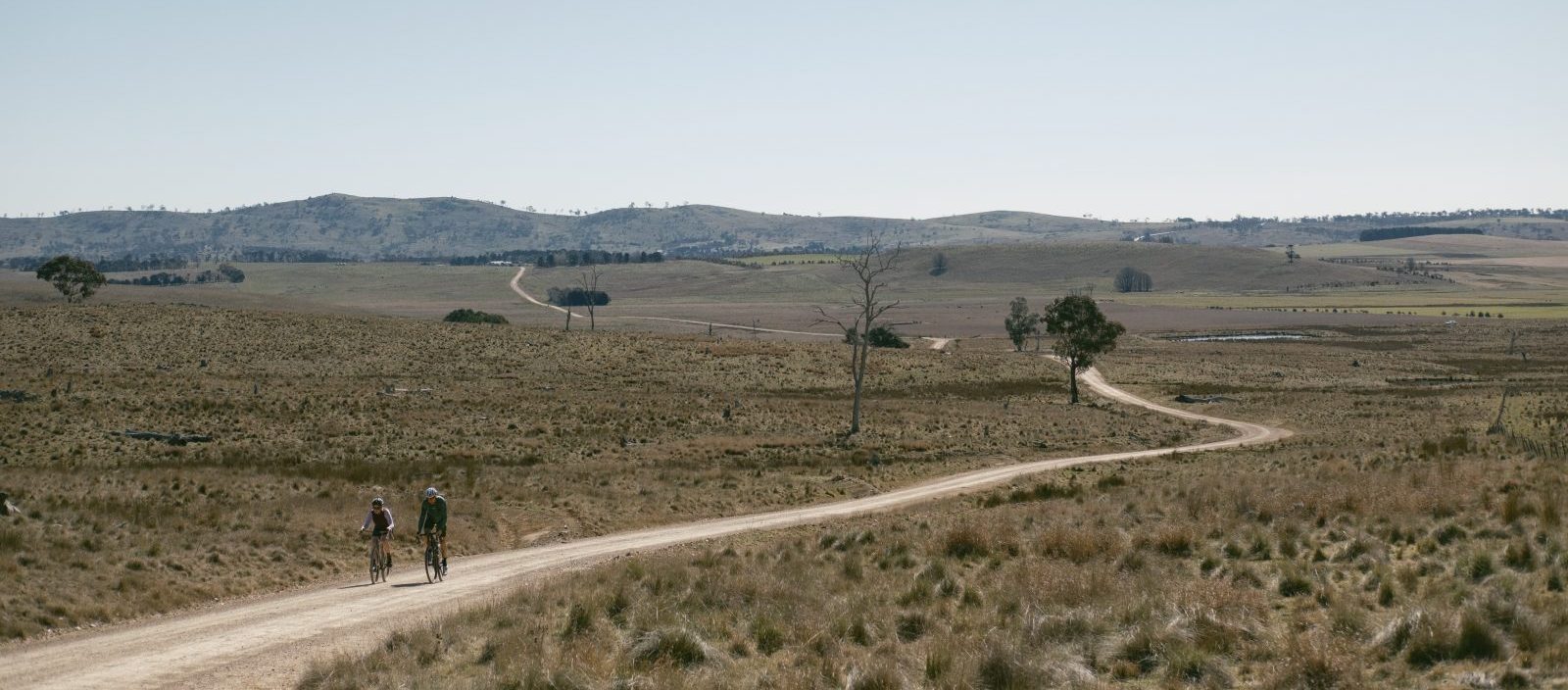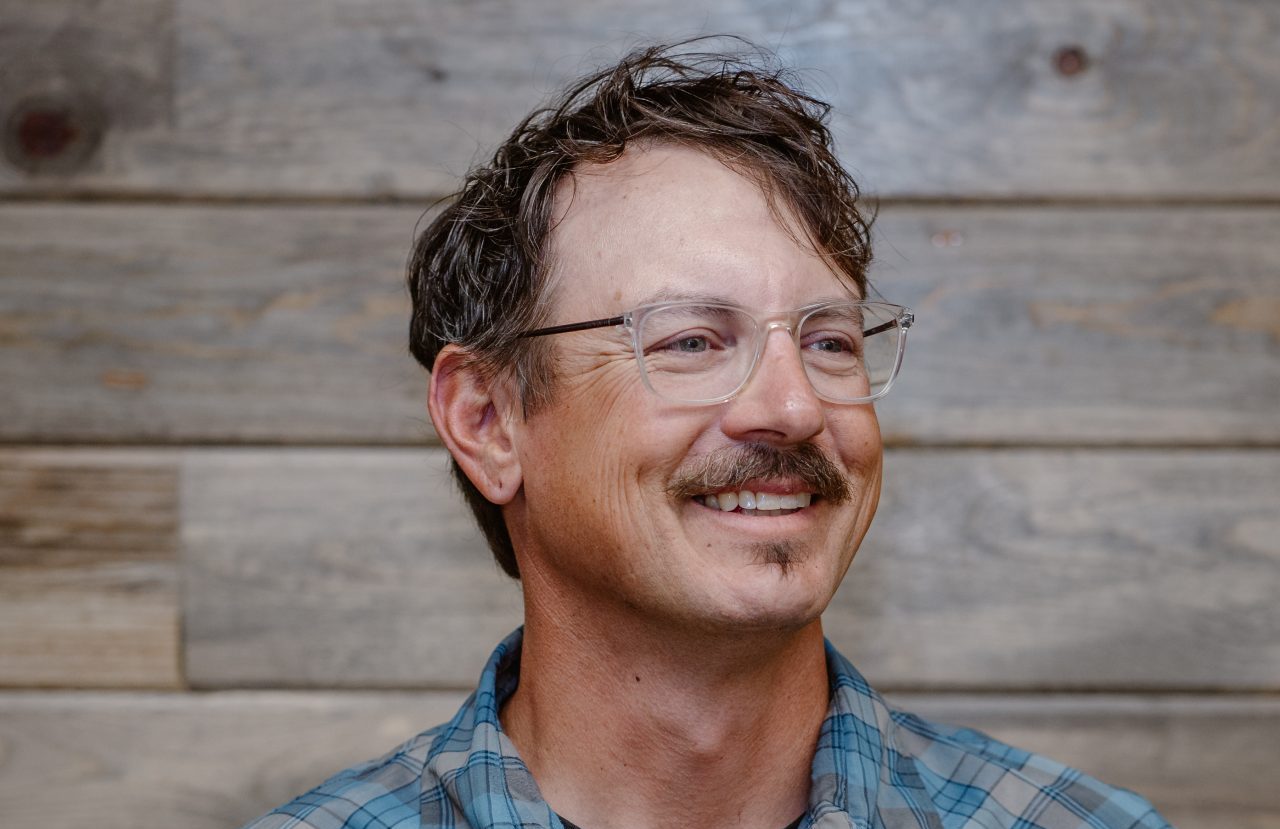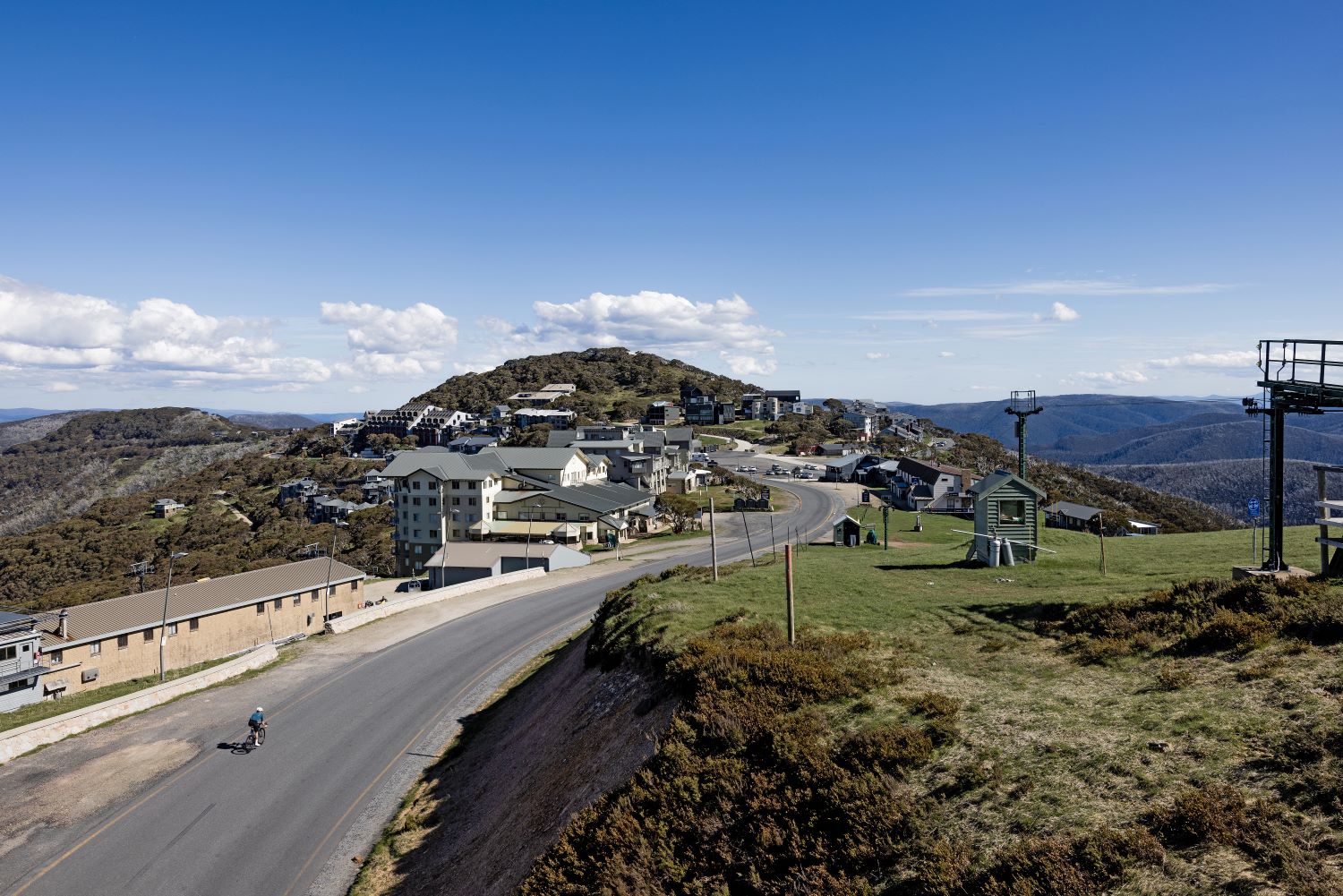Some say that the rigours of repeated, intense exercise can actually be bad for you, and that riding a Grand Tour takes a year off your life. But what’s the truth – and what does it mean for us?
Robert Millar, one of Britain’s greatest ever cyclists, was firm in his belief that the exertion of riding Grand Tours was going to shorten his life. In 1998 the former Tour de France King of the Mountains said, ‘Remember, professional athletes like cyclists don’t live long. The Chinese say you only have so many heartbeats, and cycling uses up a lot of them.’
The problem with myths – as opposed to hard scientific data – is that they don’t tend to stand up to rigorous analysis. GP and keen cyclist Andrew Soppitt debunks this one: ‘If that were the case, then training leads to a lower resting heart rate, which would prolong life.’
But the legendary Scottish rider didn’t stop there. In the book In Search Of Robert Millar, author Richard Moore recalls an email Millar sent to cycling journalist William Fotheringham: ‘Being as good a bike rider as I could possibly be was always very important to me, but there were times when it wasn’t healthy to chase that idea… I over-trained looking for the extra percentages… I accepted that the energy I was expending as a pro rider would probably mean that I wouldn’t live as long a life later.’
Ian Goodhew, an ABCC senior coach who works with IG-Sigma Sport, disagrees. ‘If you or I tried riding a Grand Tour it probably would kill us,’ he says. ‘But you only ride a Grand Tour if you are mentally and physically strong enough. Even if you come last you’re a great athlete, and for those three weeks the pros are being looked after better than anyone else on Earth in terms of having soigneurs and the best nutrition. ‘I’d almost compare it to being a miner at the turn of the last century. I don’t think it’s the work that kills you, but an accident, injury or infection might.’
It’s all in the genes
Obviously genetics also play a key part in determining how long a Grand Tour rider or anyone else will live. ‘Some people can smoke without doing much damage, while it can kill others very quickly,’ says Soppitt. ‘The same gene selection process applies to cyclists. The pros are all great athletes and probably their parents were, too. That’s likely to prolong life rather than shorten it.’
And Millar can take heart from research published in September by the Sudden Death Expertise Center in Paris. The study observed 786 French cyclists who took part in at least one Tour, and compared them to the general French male population of the same age. After the scientists crunched the numbers, they revealed that riders who completed at least one Tour de France lived on average 6.3 years longer than the average Frenchman. Yet it’s possible to question how comparative and accurate the data is. ‘Like all observational or retrospective research, it didn’t match a group at the beginning of the process and follow it,’ says Soppitt. ‘What group did the researchers compare the pros to? The gold standard in medical evidence is double-blind testing [where neither the tester nor the subject know what the trial is for] with a large number of people over a fixed period of time. This research is interesting – and I suspect that Grand Tour riders do live longer because of their genetics and their lifestyles – but I don’t think it’s proof.’
‘Most pros stop at around the age of 35,’ adds Goodhew. ‘What would be interesting to know is what those in the study did after retiring. No athlete really wants to diet. Statistically they live longer but ex-pros aren’t always the slimmest.’
What doesn’t make you stronger…
The French research can partially answer that question as it does record what eventually killed the former Tour cyclists. The two main causes of death were neoplasms (32.2%) – that’s tumours to you and us – and cardiovascular diseases (29%), both occurring less frequently than in the general public. Among cancers, the three most common were digestive (35%), lung (22%), and prostate (7%).
The third highest cause of death (15.8%) was classified as ‘external’, which were mostly trauma-related incidents – that’s to say, accidents. Deaths by trauma for ex-pros were about on a par with the general public, although the one age range that showed a slightly higher frequency than the general population was the under-30s. The study’s authors put this down to a high number of fatal traffic and race accident deaths in the age group.
The lesson being: if your genes don’t get you, the traffic might. So does this mean that Millar was wrong, and riding a Grand Tour is actually a passport (barring accident) to a long and healthy life? Not necessarily.
Research by US doctors has found that marathons, Ironman triathlons and very long-distance bike races may cause structural changes to the heart and large arteries, leading to lasting injury. They say the safe ‘upper limit’ for heart health is a maximum of an hour a day – after which there is relatively little benefit.
Dr James O’Keefe of Saint Luke’s Hospital of Kansas City says, ‘A safe upper dose limit potentially exists, beyond which the adverse effects of physical exercise, such as musculoskeletal trauma and cardiovascular stress, may outweigh its benefits.
‘Physically active people are much healthier than their sedentary counterparts, but a lot of people don’t understand that the lion’s share of health benefits accrue at a relatively modest level,’ he adds. ‘Extreme exercise is not really conducive to great cardiovascular health. Beyond 30-60 minutes per day, you reach a point of diminishing returns.’
The final reckoning
‘We all ride bikes for different reasons,’ says Soppitt. ‘It may be that you want to be healthier, win races, beat your mates or be able to eat as many calories as you want. But it’s important to remember that exercise is good unless you go mad with it.’
What this all means is that riding a Grand Tour probably is bad for your health… unless you’re a pro who has the benefits of good genes, great conditioning and a team of health professionals to look after you.
Millar can sleep soundly in his bed. As for the rest of us, we should remember that lifelong exercisers generally have a longer life and less disability than our sedentary counterparts. Just don’t use up all of your heartbeats at once.


